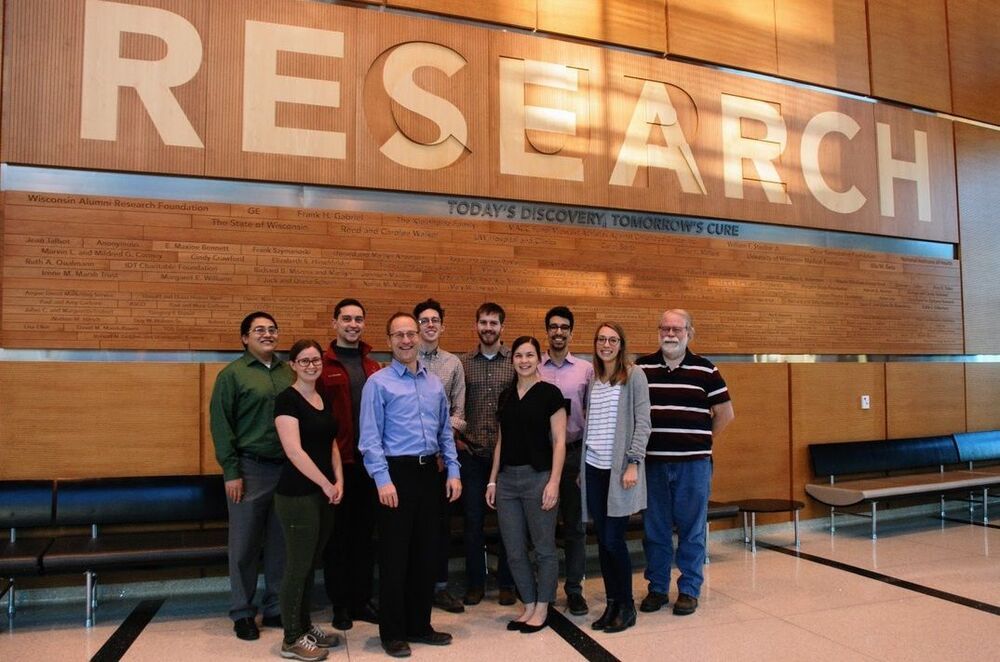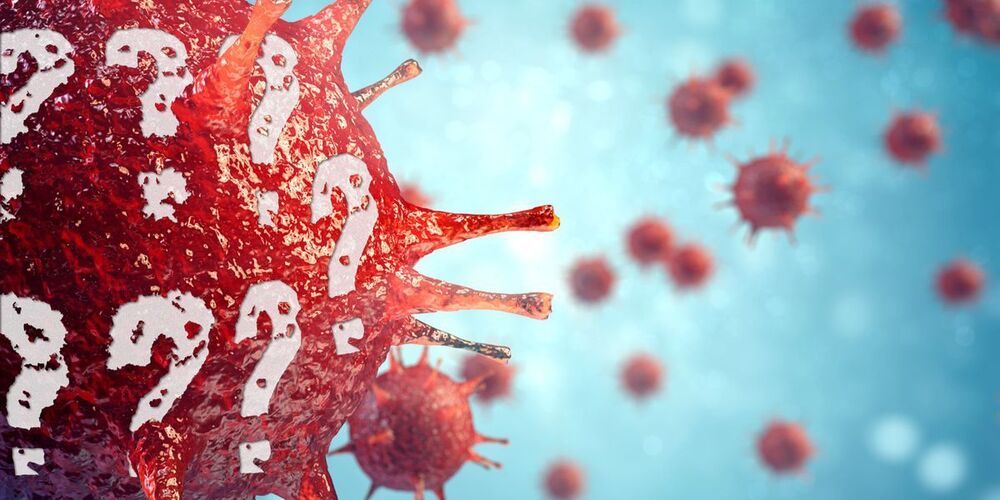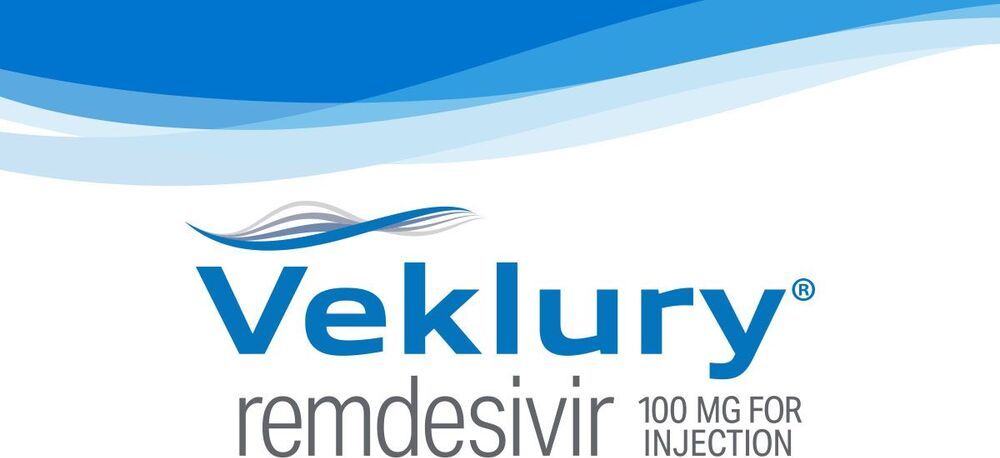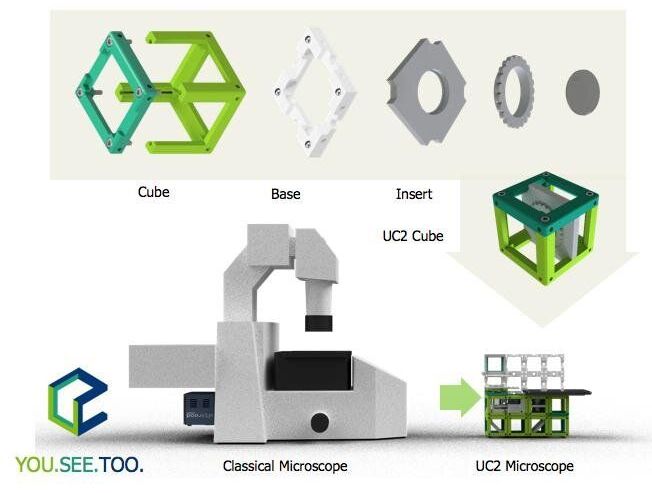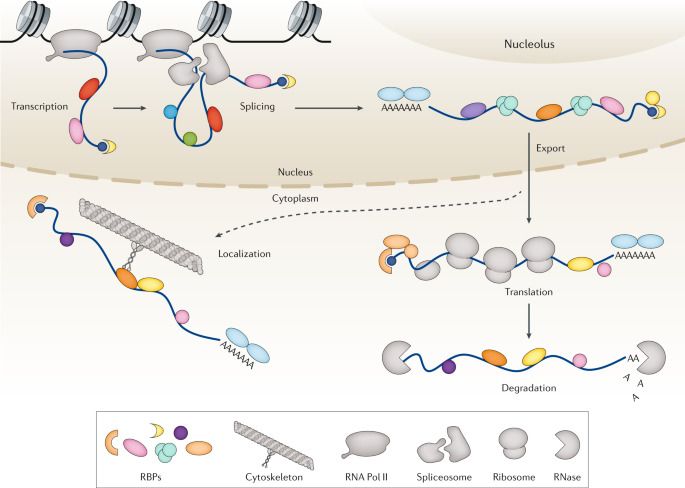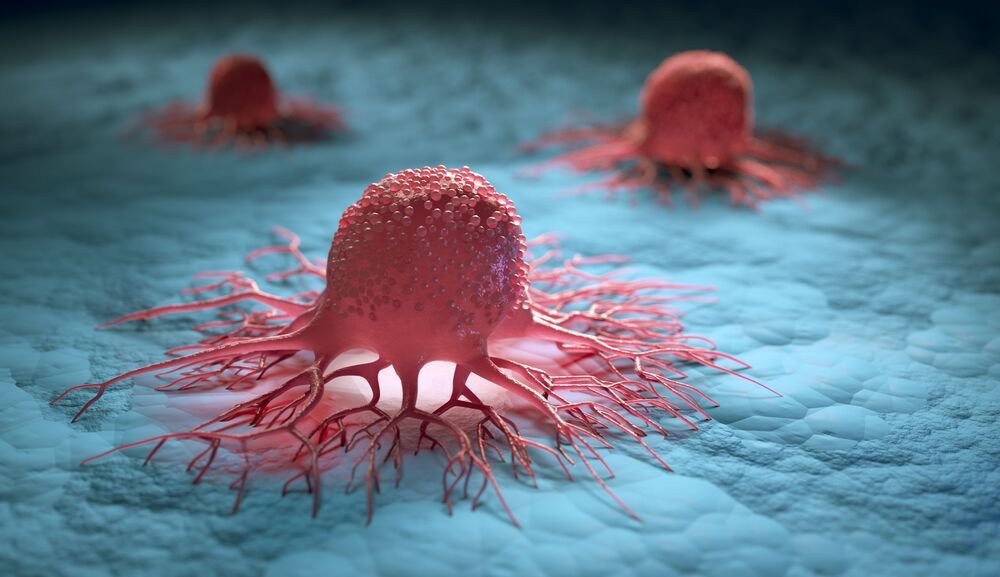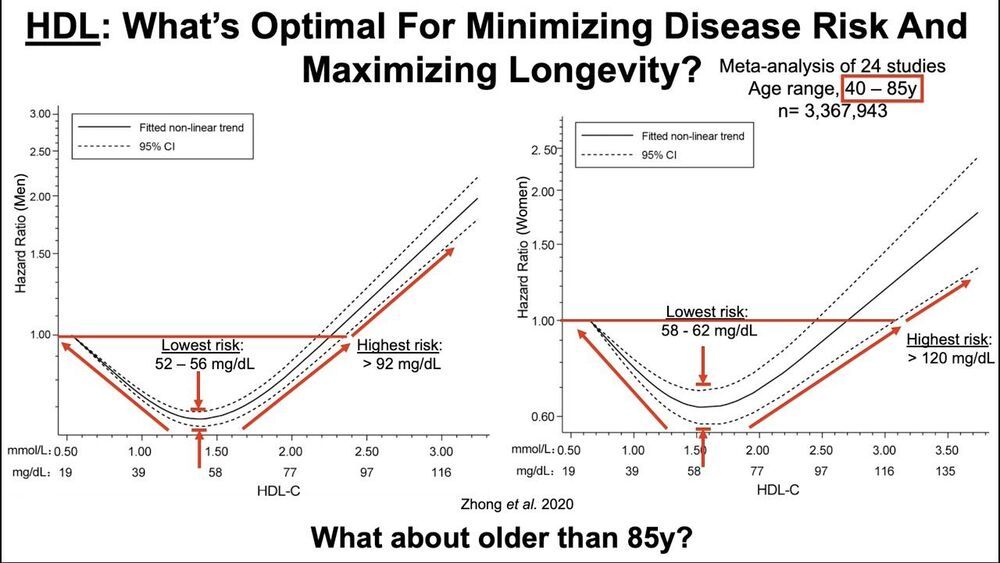Nov 26, 2020
Deep-learning model enables rapid lymphoma detection in PET/CT images
Posted by Genevieve Klien in categories: biotech/medical, robotics/AI
Whole-body positron emission tomography combined with computed tomography (PET/CT) is a cornerstone in the management of lymphoma (cancer in the lymphatic system). PET/CT scans are used to diagnose disease and then to monitor how well patients respond to therapy. However, accurately classifying every single lymph node in a scan as healthy or cancerous is a complex and time-consuming process. Because of this, detailed quantitative treatment monitoring is often not feasible in clinical day-to-day practice.
Researchers at the University of Wisconsin-Madison have recently developed a deep-learning model that can perform this task automatically. This could free up valuable physician time and make quantitative PET/CT treatment monitoring possible for a larger number of patients.
To acquire PET/CT scans, patients are injected with a sugar molecule marked with radioactive fluorine-18 (18 F-fluorodeoxyglucose). When the fluorine atom decays, it emits a positron that instantly annihilates with an electron in its immediate vicinity. This annihilation process emits two back-to-back photons, which the scanner detects and uses to infer the location of the radioactive decay.
